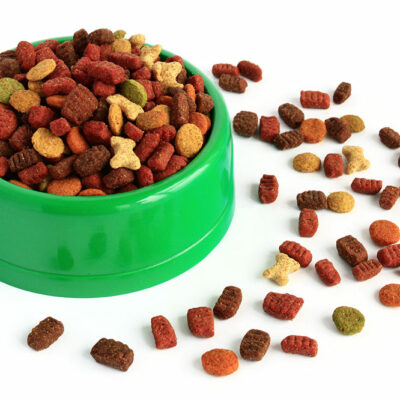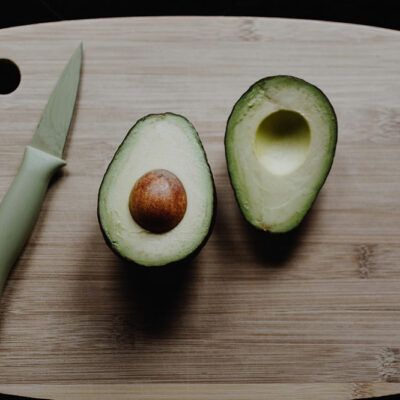
6 Dietary Tips To Control Diabetes
Medical Treatments To Control Diabetes
Type 2 diabetes impacts the body’s use of glucose for fuel—it stops the body from being able to use insulin properly which, in turn, leads to high levels of blood sugar if left untreated. One of the most used medications and treatments for diabetes is the injection of insulin, whether that be through a pen or pump. However, one of the best ways to regulate blood sugar is by making good dietary decisions, so it’s good to know the best snacks for type 2 diabetes. Your glucose levels can then be monitored using a CGM device. Here’s some dietary tips to control and manage diabetes:
1. Limit alcohol consumption
Regular consumption of alcohol can impact blood sugar levels. Heavy drinking can result in ketoacidosis and hypertriglyceridemia, sugary drinks can spike blood sugar levels, and worse, if you haven’t eaten, your levels could get too low. Drink responsibly and in moderation, if you are female, one drink per day as maximum, and if you are male, two drinks per day as maximum is recommended.
2. Reduce foods with added sugars
Reducing foods with added sugars is essential for blood sugar management and good overall health—it’s imperative that you check the labels on packages for added sugars. Even the most unexpected foods can have added sugars, such as packaged snacks, canned goods, and frozen pre-made meals.
3. Add more greens
Not only are greens a great substitute for processed foods or fried foods, they also provide good amounts of fiber, antioxidants, and a variety of other nutrients that are essential for good health. What’s more, veggies and other leafy greens can manage inflammation and support weight loss, which is great for diabetics.
4. Look for healthy fats
Fats, regardless of whether they are healthy or unhealthy, are high in calories, so it’s always important to be mindful of portions. With that being said, healthy fats are much better for you—this includes omega-3 fatty acids, monounsaturated fats, and polyunsaturated fats. Consuming the right type of fat can decrease the risk of developing cardiovascular disease, some cancers, and a multitude of other health issues.
5. Watch out for high sodium contents
While sodium doesn’t impact glucose levels, too much salt can increase blood pressure. It’s important for diabetics to monitor this as they are already more likely to be affected by high blood pressure, which in turn can increase the risk of stroke, kidney disease, and cardiovascular disease. Thus, watching your intake of sodium is essential.
6. Choose complex carbohydrates over refined carbohydrates
Refined carbohydrates, like white bread, pizza dough, pastries, and white rice, are digested quickly and raise blood sugar quickly. They can even increase triglycerides in blood and cause insulin resistance. Choosing complex carbs, like whole wheat bread, oatmeal, barley, and quinoa, can help with control of diabetes as they are less likely to result in blood sugar spikes.


